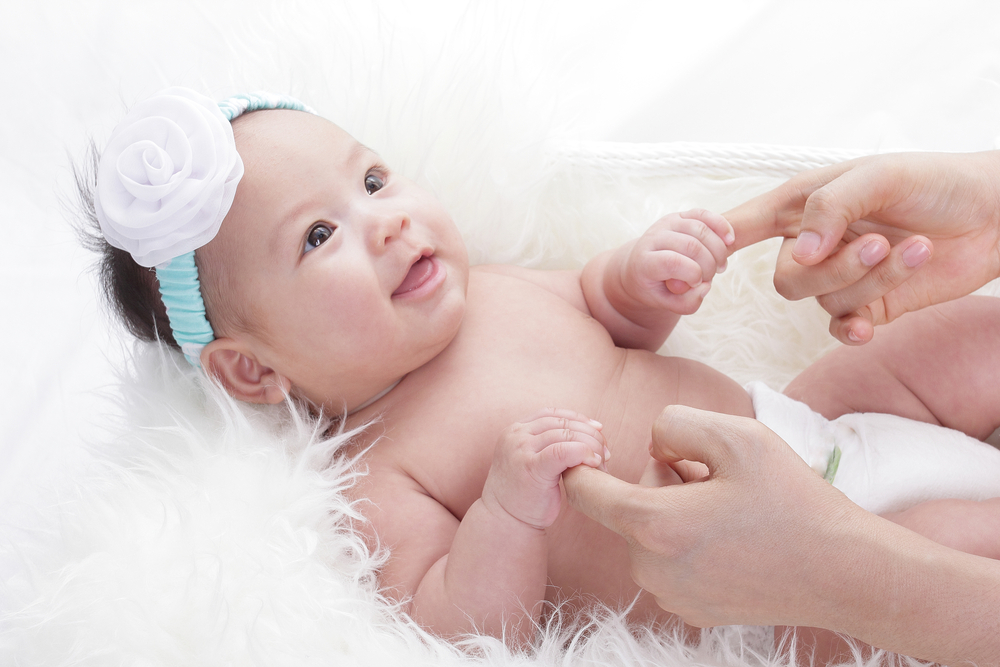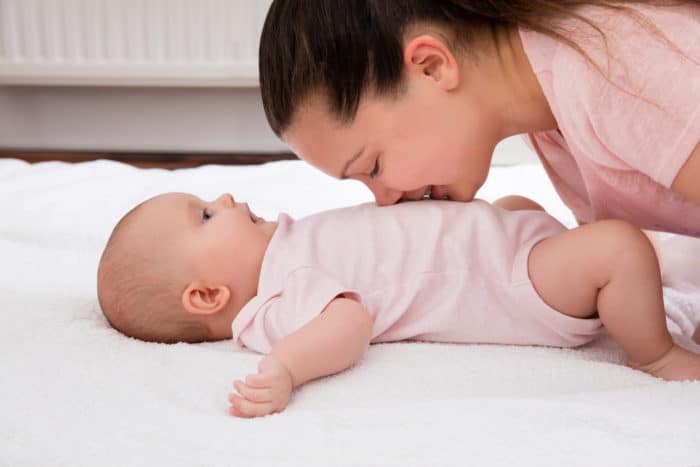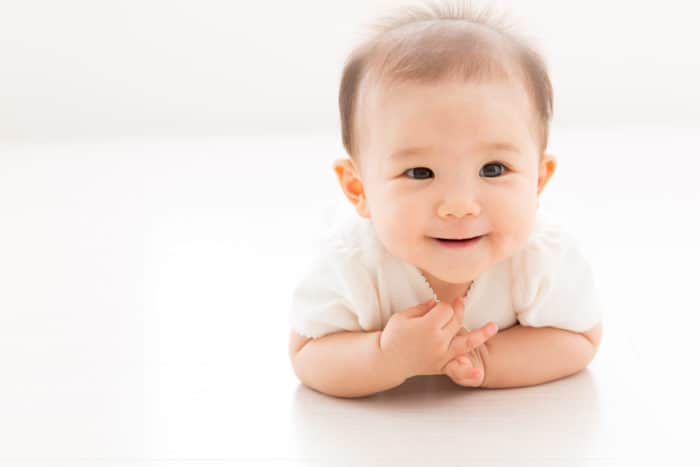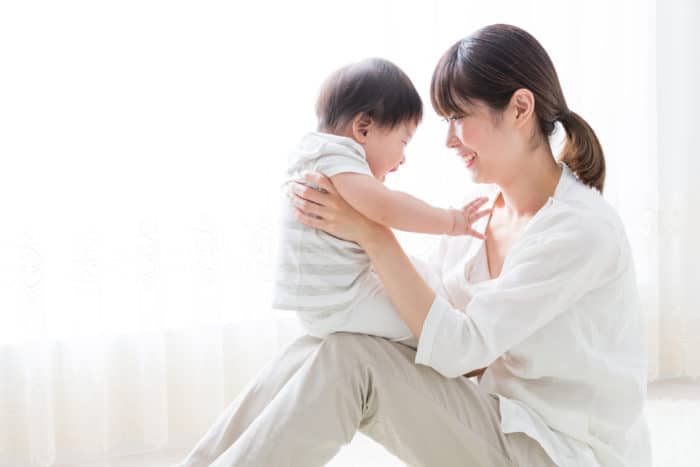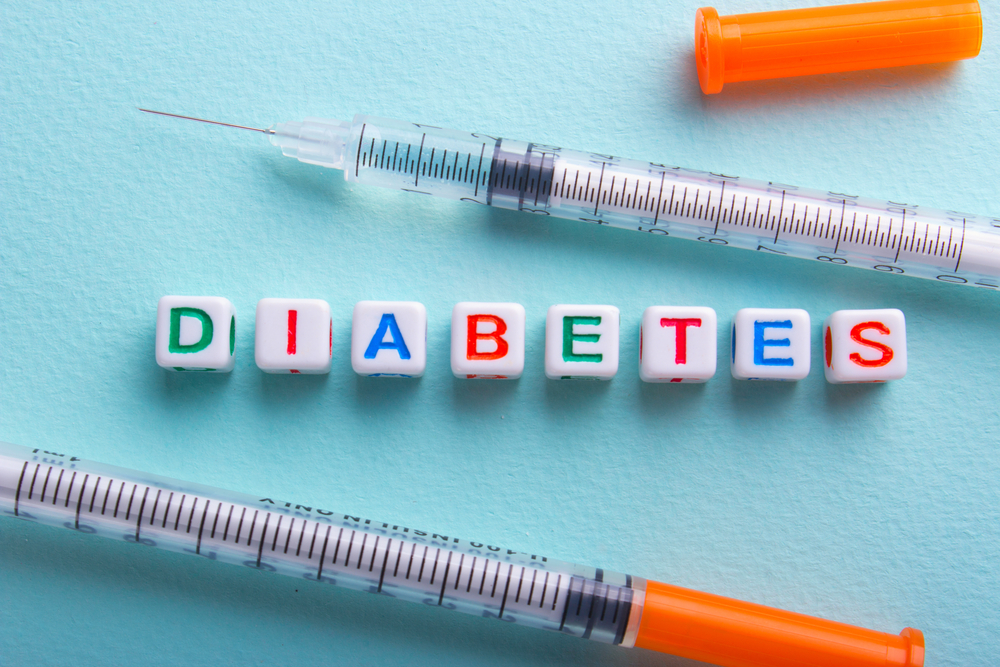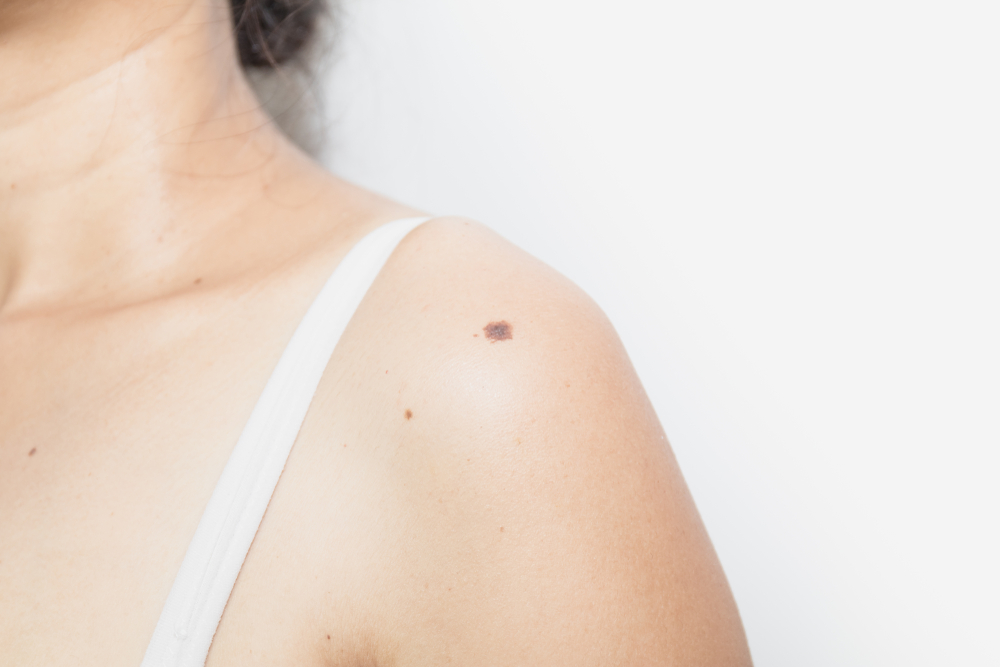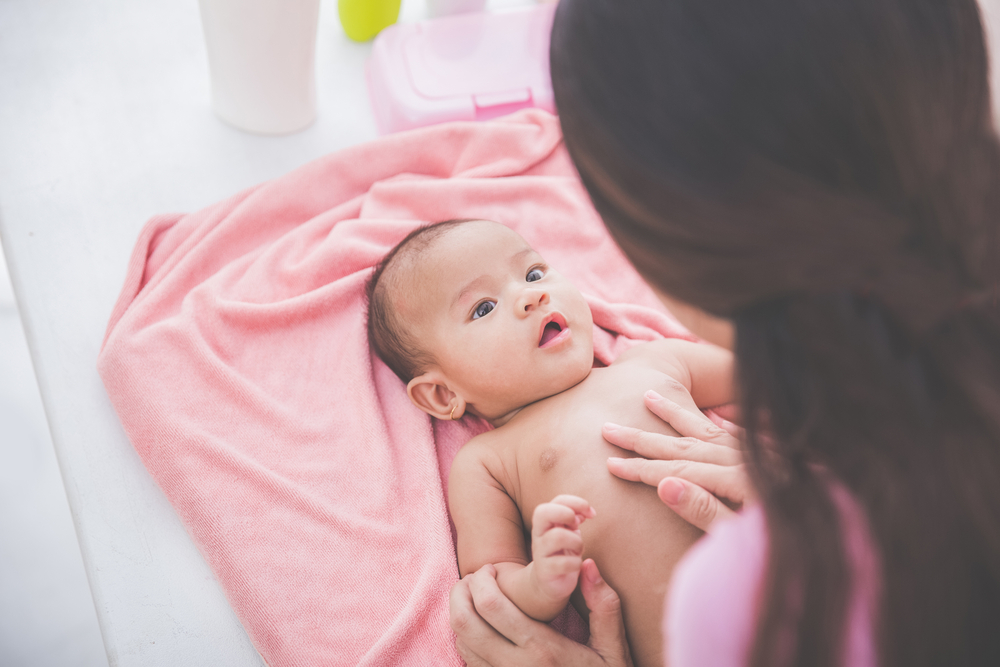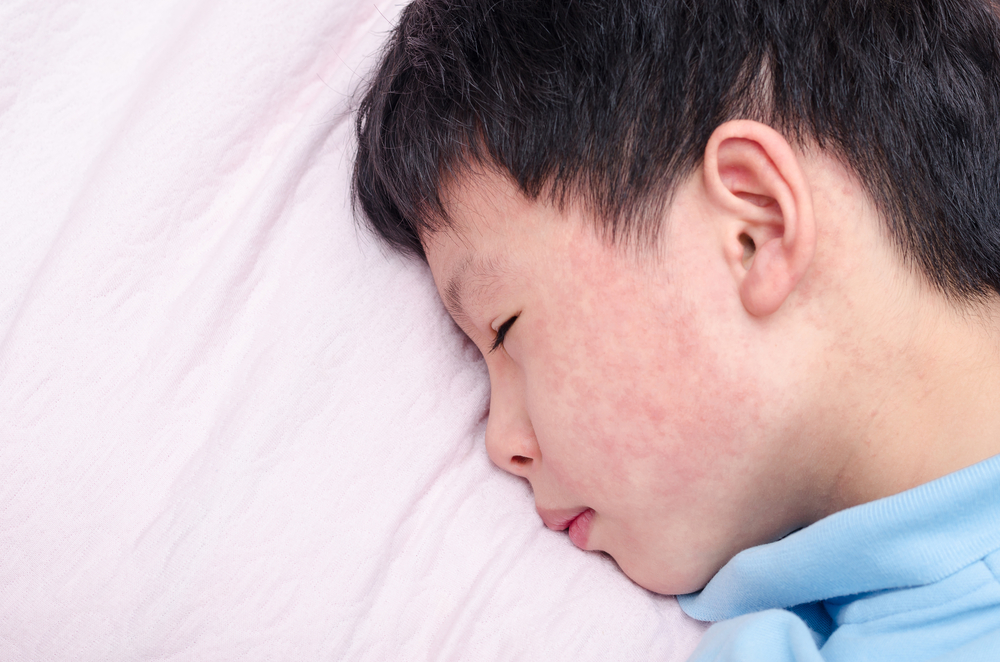Contents:
- Medical Video: Baby and Toddler Milestones, Dr. Lisa Shulman
- Stages of baby's emotional development
- 0-3 months
- 4-7 months
- 8-12 months
Medical Video: Baby and Toddler Milestones, Dr. Lisa Shulman
Sometimes, most parents focus too much on the baby's physical development. Starting from the ability to crawl, walk, hold things, to talk. In fact, the development of baby emotions is also important to note, you know. Because, this is what will determine the way your child learns to overcome fear, control emotions, and be more confident when he grows up later. Come on, identify the stages of baby's emotional development in the following review.
Stages of baby's emotional development
Baby's emotional development grows rapidly in the first year of life. This was agreed upon by Rahil Briggs, Psy.D., a leader of the Healthy Steps program at Montefiore Medical Center in New York. He revealed to Parents that the first year of life was the most important and most influential period in human life.
That's why you shouldn't underestimate baby's growth in this first year. Come on, we peel one by one the stages of the baby's emotional development from birth to his first birthday.
0-3 months
During this time, your baby is learning to show two basic emotions, which are upset and happy. Because his physical motion is still limited, he shows his emotions only at certain times. For example, when your child is hungry, he will show his emotions by whining or crying.
Entering the age of two months, babies begin to see more objects around them. This is where your little one will start responding to the smile you gave with his first smile. So, don't miss this opportunity!
When the baby is happy, the response given is actually not just a smile, you know! The signs of the child being happy are also indicated by other physical movements, namely opening his arms wide and shaking his legs.
You can train your baby's emotional development in the first three months by frequently talking to him. See the response of your child, usually he will open his mouth and his eyes wide. You will see his adorable face when he starts babbling for attention.
4-7 months
At this age, the baby's nervous system will become more mature. The little one starts to be able to respond to things that make him happy or upset. For example, babies begin to laugh when tickled or cry when they feel uncomfortable.
Interestingly, babies begin to be able to distinguish the faces of their fathers and mothers, you know! Here he began to know that the person who was closest and could make him safe was his parents.
Once someone else starts approaching your baby, usually the little one will feel uncomfortable and immediately seek protection from their parents. Well, this is where you will feel the spoiled baby's nature, even if someone is picky to carry him.
At this age too, babies start to lie on their stomach and crawl. He will be even more curious to reach all objects around him. When your child can't get it, he will usually scream or drop objects nearby because he is disappointed.
Calm down, don't rush into anger if you experience it. Because, this is one way for your child to look for the attention of parents who can respond to these emotions. Believe me, in the end you will just smile and laugh at his behavior. Especially if your little one has started babbling and mimicking what you do.
8-12 months
Entering the age of 8 months to 12 months, baby's emotional development starts rapidly. Now he does not only know emotions are happy, upset, or angry, but also shame and fear.
Many people say, your child is scared or shy because you spoil him too much. Actually, this has nothing to do, you know! Because, it is only natural that children begin to feel ashamed or afraid if they meet strangers at this age.
In fact, anxiety is onemilestone or achievement is important for your baby's emotional development. So, don't be surprised if your little one gets more spoiled before his first birthday.
Children will usually get morestick to itwith her parents and don't want to be left behind, even if it's just to go to the bathroom. Yes, your baby has begun to say "no", maybe even to the tantrum so that his wishes are followed. What's more, your little one can start feeling jealous when another child approaches you.
This unstable baby's emotional development may overwhelm you. However, whatever the mood of the child, stay beside him and give him a warm hug as often as possible. Show him that you love him and understand his emotional development.

